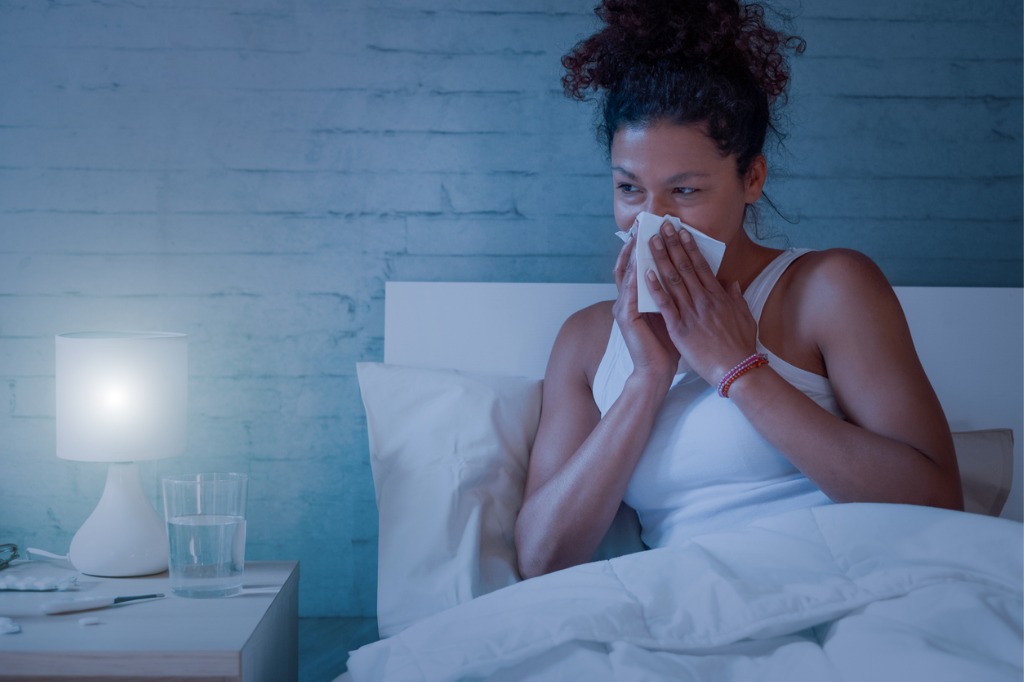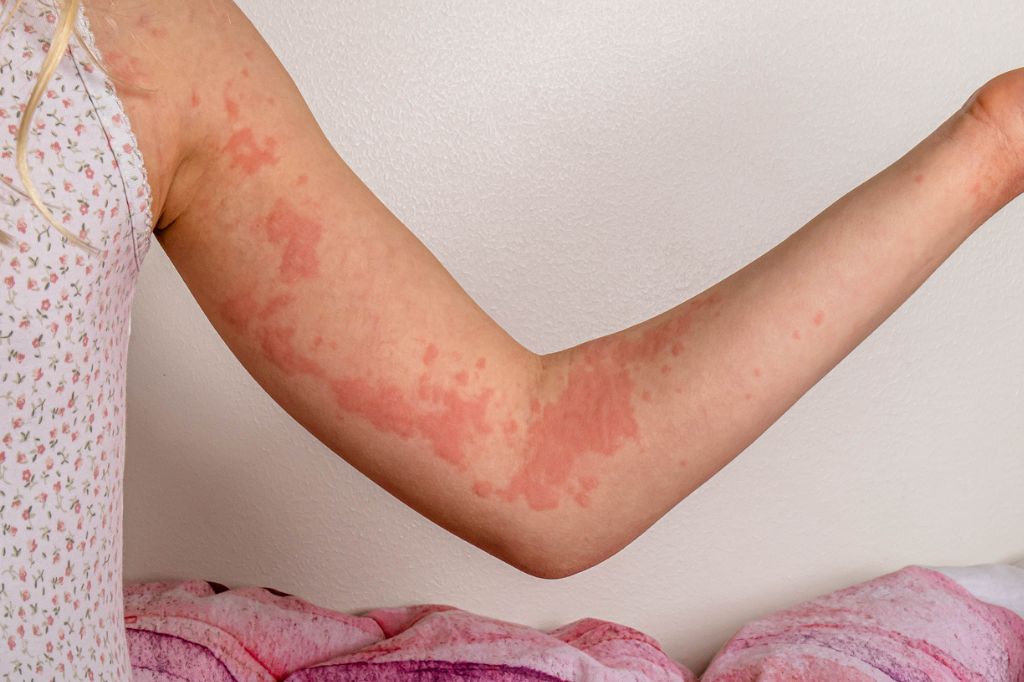
Why Do My Allergies Get Worse at Night?
Understanding and Managing Evening Allergy Symptoms
Imagine settling down for a peaceful night’s sleep, only to be kept awake by sneezing, a runny nose, or itchy eyes. For many, this scenario is all too familiar. Nighttime can often bring a mysterious intensification of allergy symptoms, leaving sufferers wondering why their allergies seem to have a nocturnal preference. Let’s unravel this nighttime mystery and explore effective strategies to ensure your allergies don’t dictate your sleep schedule.
Factors Contributing to Nighttime Allergy Worsening
Allergen Accumulation
Throughout the day, allergens like pollen, dust, and pet dander can accumulate in our homes. These allergens are often brought in from outside on our clothes and shoes and can settle on surfaces, including our bedding. At night, as we spend prolonged periods in our bedrooms, we are more exposed to these concentrated allergens, leading to worsened symptoms.
Body’s Natural Rhythms
Our body’s circadian rhythms play a significant role in the functioning of our immune system. At night, changes in hormone levels, such as cortisol, can affect our body’s response to allergens. This natural cycle can make us more susceptible to allergic reactions during the evening and night.
Sleeping Environment
The bedroom environment is a critical factor in nighttime allergies. Bedding, pillows, and mattresses can harbor dust mites, a common allergen. Additionally, if pets are allowed in the bedroom, their dander can contribute to increased allergy symptoms at night.
Common Nighttime Allergens
Pollen
Pollen, a common outdoor allergen, can easily be brought indoors. It can cling to our clothes, hair, and skin and be transferred to our bedding and furniture. At night, as we come into close contact with these items, pollen can trigger allergic reactions.
Dust Mites
Dust mites thrive in warm, humid environments like our beds. These microscopic creatures feed on dead skin cells and can cause allergic reactions when their waste particles are inhaled. Their presence in bedding can significantly worsen allergy symptoms at night.
Pet Dander
For pet owners, pet dander is a common allergen that can be more problematic at night. If pets sleep in the same room or on the bed, their dander can accumulate in the sleeping area, exacerbating allergy symptoms during the night.
Tips for Managing Nighttime Allergies
Allergen Reduction Strategies
Reducing allergen exposure in the bedroom is crucial. Using allergen-proof covers for mattresses and pillows, regularly washing bedding in hot water, and keeping pets out of the bedroom can significantly lower the presence of allergens.
Air Quality Improvement
Improving the air quality in the bedroom can also help. Air purifiers with HEPA filters can capture airborne allergens, reducing their concentration in the room. Regularly cleaning and dusting the bedroom can also minimize allergen accumulation.
Personal Hygiene
Showering before bed can remove pollen and other allergens from your body and hair. Changing into clean, indoor clothes can also prevent transferring outdoor allergens to your bedding.
Treatment Options
Over-the-Counter Medications
Antihistamines and other allergy medications can be effective in managing nighttime symptoms. These medications can reduce the body’s allergic response and provide relief from symptoms like sneezing, itching, and congestion.
Prescription Medications
For more severe allergy symptoms, prescription medications may be necessary. These can include stronger antihistamines, nasal sprays, or corticosteroids, as prescribed by a healthcare provider.
Immunotherapy
Immunotherapy can be a long-term solution for reducing allergic sensitivity. This treatment is typically given as allergy shots, which involves regular injections of small amounts of allergens, gradually increasing over time to build tolerance. Sublingual immunotherapy is another option. Unlike allergy shots, sublingual immunotherapy is given as drops under the tongue.
Don’t Let Allergies Keep You Up at Night
Understanding why allergies worsen at night and taking steps to manage these symptoms can significantly improve your quality of sleep and overall health. Implementing allergen reduction strategies, improving air quality, and considering appropriate medications are all effective ways to combat nighttime allergies.
If you’re struggling with nighttime allergies, don’t hesitate to seek professional help. Contact Northeast Allergy for expert advice and personalized treatment plans tailored to your specific needs.



